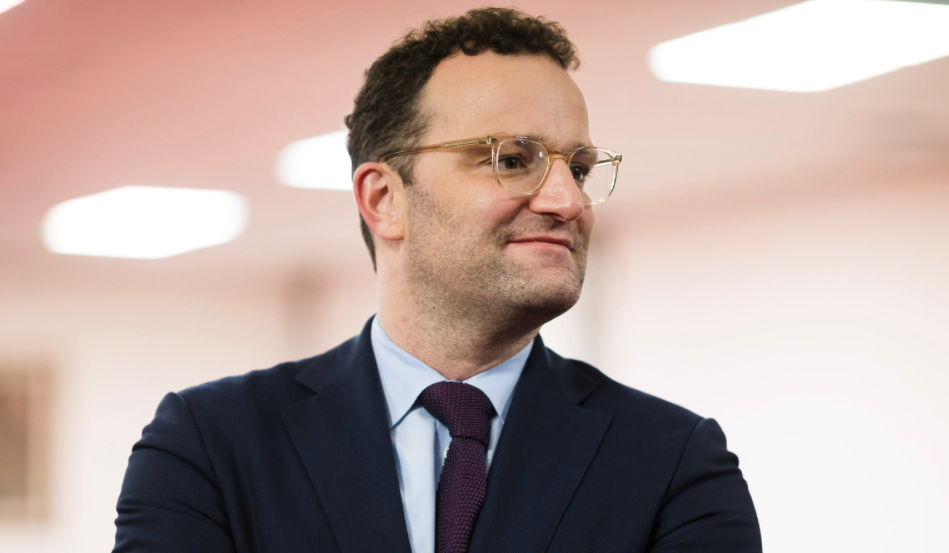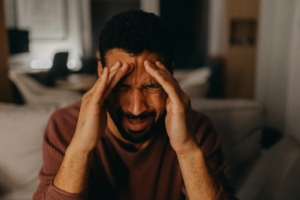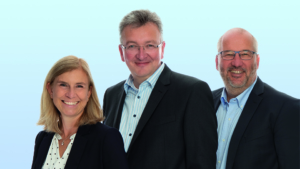
Germany orders antibody therapies from USA
Germany has become the first country in Europe to buy the US emergency-approved COVID-19 antibody therapies from Regeneron and Eli Lilly.
Although there is no centralised approval required for biologics from the European Medicines Agency, Germany’s Health Minister Jens Spahn has purchased 200,000 doses of the COVID-19 therapeutics Bamlanivimab from US pharmaceutical company Eli Lilly and Casirivimab/Imdevimab (REGN-COV) from the US biotech company Regeneron Pharmaceuticals for €400 million. The virus-neutralising antibody drugs target different regions of the viral spike protein and are approved in the US for the outpatient treatment of freshly infected patients, but not ventilated patients. Why they are intended to be used in Germany – contrary to the scientific evidence provided in clinical trials – for individual curative trials of hospitalised patients is unknown.
Spahn pointed out that ex-US President Donald Trump had already been successfully treated with REGN-COV – Trump had received the antibody mix, which bends the viral spike protein so that it can no longer bind to the ACE-2 receptor of human cells and enter them, in combination with an antiviral drug and a glucocorticoid. Eli Lilly’s antibody had reduced the risk of infection among nursing home residents by 80%, according to the company. Especially immunocompromised or elderly people, for whom vaccines are not very effective, could benefit from early administration or preventive administration as passive immunisation. Unlike the EU states, the US government had funded the Phase III development and pre-production of the two COVID-19 therapies with over US$800 million.
Since production capacities for the antibodies are currently limited, experts are wondering in particular how Regeneron’s commitment came about. Regeneron’s partner Roche, which is responsible for the production and approval of REGN-COV in ex-US countries worldwide, put into perspective a statement made by Roche Pharmaceuticals CEO William Anderson by telephone to European Biotechnology. He had said a month before the US emergency approval in November 2020 that Roche and Regeneron would be able to produce two million doses together by the end of March 2021, or 400,000 doses per month. A Roche spokesperson now admitted that this amount would not be reached until the end of the year. It was only at the beginning of January that Regeneron had signed a supply contract worth US$ 2.6 billion with the US government.
German biotech experts, meanwhile, point to preliminary results from Moore et al. suggesting that virus neutralisation of several anti-S-protein antibody classes and covalescent plasma will be affected by two mutations in the African variant of SARS-COV-2. Experts from Lilly and Co said at Morgan Stanley Conference its coronavirus antibody treatment, bamlanivimab is effective against the UK variant, but may not be able to neutralise the one identified in South Africa. It would therefore be necessary to invest money in the development of antiviral and anti-inflammatory agents that are in advanced clinical trials. A €50 million programme launched by the German Research Ministry at the beginning of January to promote the clinical development of COVID-19 therapies until 2025 is clearly underfunded and explicitly leaves out the phase III registration studies, which cost more than 50 million euros, criticised Inflarx CEO Niels Riedemann and the three members of the BEAT-COV SME initiative, which considers at least €750 million to be appropriate. Currently, an alliance of German, French and Austrian COVID-19 therapy developers is seeking talks at EU level to find a solution to the COVID-19 therapy funding gap in Europe.


 Getty Images for Unsplash+
Getty Images for Unsplash+ Immunic/Nela Dorner
Immunic/Nela Dorner